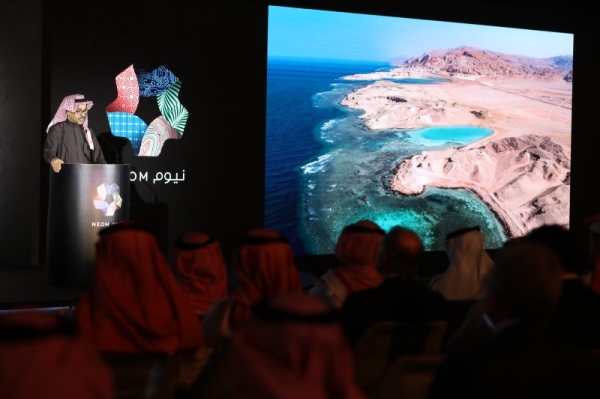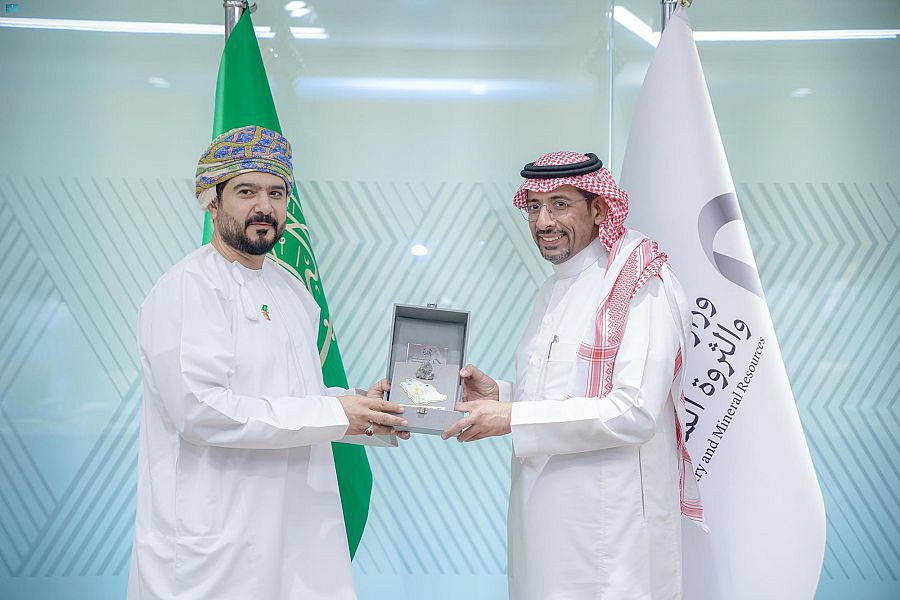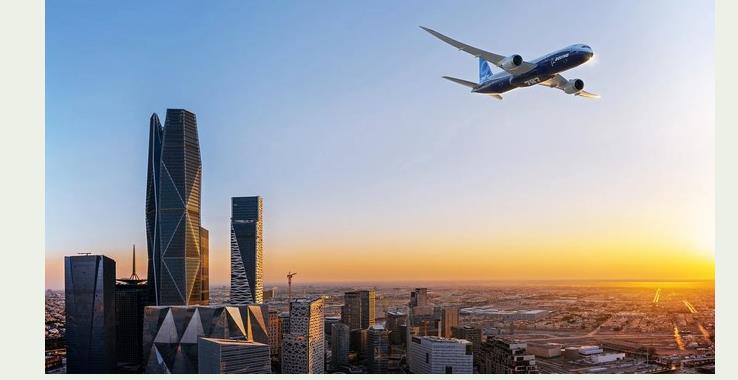
ABU DHABI — Industry leaders from aerospace and defense discussed the challenges and opportunities brought by rapid advances in technology during a webinar — hosted by organizers of the Global Aerospace Summit 2020 in collaboration with the Defense Services Marketing Council.
The sector specialists analyzed how people, processes, and systems intertwine across the aerospace and defense industries both in the Middle East region and globally.
Matthew Cochran, Chairman, and CEO, Defense Services Marketing Council, moderated the session. He put forward to the panel a range of questions, which focused on the importance of localization, development of the intellectual property, and how future talent can utilize modern solutions to build careers within the defense sector.
Matar Ali Al Romaithi, Chief Economic Development Officer, Tawazun, opened the webinar by outlining how the United Arab Emirates continues to look at investment in technology very closely. He highlighted three key pillars within the UAE’s strategy; the investment of people and resources, the need for organizational structures and processes (including legislation) to be in place, and finally ensuring that the appropriate technologies and systems are procured and implemented.
He commented: "The UAE is advanced in terms of educating its people and having the right systems, legislations, and technologies in place to be competitive. For example, Artificial Intelligence has become a key part of future thinking, and that is why we have a Minister dedicated to that sector. Also, the UAE made early advances into manufacturing, and this was critical in ensuring that we developed the defense industry into what it is today."
Al Romaithi spoke about the fact that years ago there was a link missing between the industry, academia, and government directions. Through specific and strategic changes in policy, he believes that this gap was successfully addressed and this enabled international and local organizations to equip nationals with the right expertise and move the UAE industry forward. A good example of this is the Sustained Enhanced Emiratisation in Defence and Security program by Tawazun. This program is a demonstration of Tawazun’s commitment to developing people skills, knowledge, and capabilities that will achieve the ambitious objectives and needs of the UAE.
Robert S. Harward, Lockheed Martin’s Chief Executive for the Middle East, began by explaining how the UAE has set the pace in terms of technology adoption in the region through proactive and focused development in the area. He emphasized how technology is enabling defense entities to optimize every level of their operations at a rapid rate, to help enhance the industrial base and create high economic value and strategic benefits for the UAE.
Harward underlined the importance of developing IP for localization and discussed how his company is investing to support human capital development in the region to help the local workforce gain new skills and capabilities. He added that successful technology integration is essential — from the development stage to procurement to implementation — and that this has significantly helped the progress of the defense sector in the region and across the globe.
Harward commented: "Technologies such as AI and UAVs have become increasingly important for the future of defense. Building the IP within the UAE will be achieved by motivating, challenging, and supporting young talent so that they can have long careers that support the goals of the country."
He described the challenge of capacity in ensuring that bright and talented graduates are attracted to the right careers within the defense and aerospace industries. Harward explained that there is a limited talent pool in some cases, and that graduating engineers and scientists need the right opportunities to pursue fruitful careers within the defense and aerospace sectors.
Jay Little, Vice President, Collins Aerospace, described how his business is 75 percent commercial which enables them to invest in areas such as MRO on the defense side. He added that they are investing in communication across different platforms and the security that goes with it. Being able to export these solutions will be critical he explained.
Alan Davis, Chief Executive, Raytheon Emirates, spoke about how the challenges and obstacles brought by COVID-19 are driving creativity and innovation. He mentioned the UAE Hope Probe Mars mission is a remarkable example of continued success even during the pandemic. The development and advancement of technology for security and space will be essential for the future of the sector he said.
The webinar was held as part of a series of virtual events focused on a range of topics, which will form part of the virtual program for the Global Aerospace Summit 2020 on Sept. 28-29. The international thought leadership forum will be hosted by Mubadala Investment Company and EDGE and is being organized by Streamline Marketing Group and Tarsus F&E. — WAM











